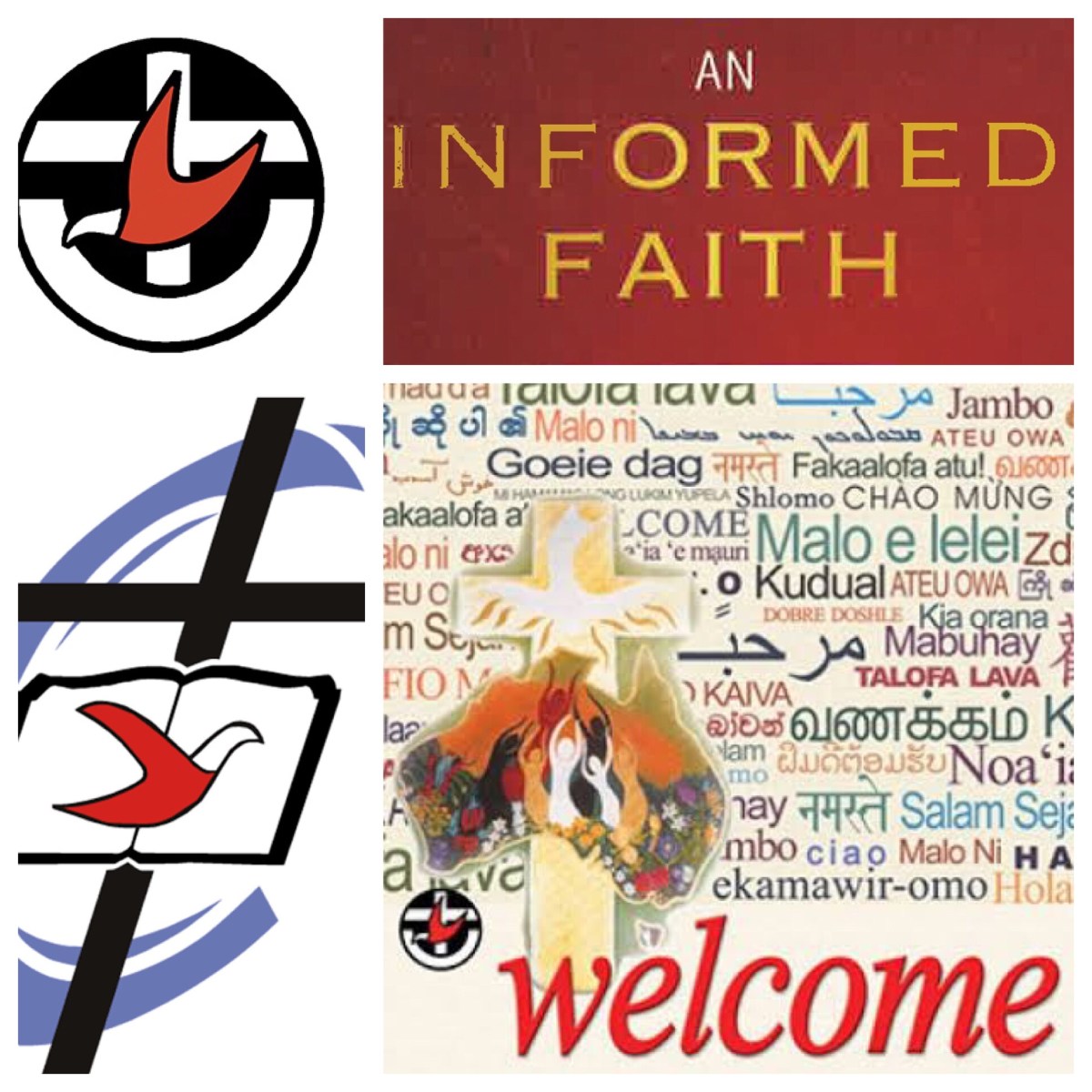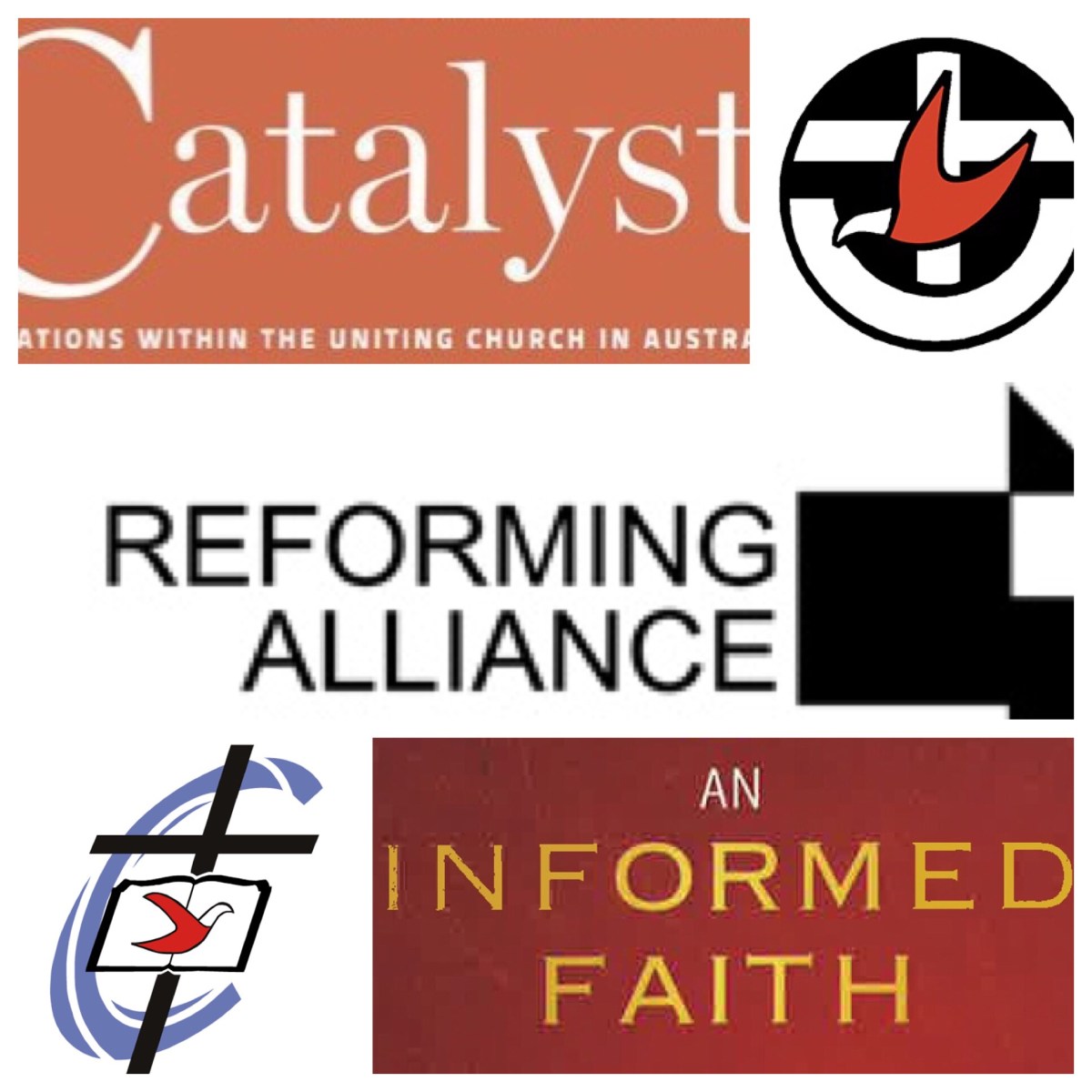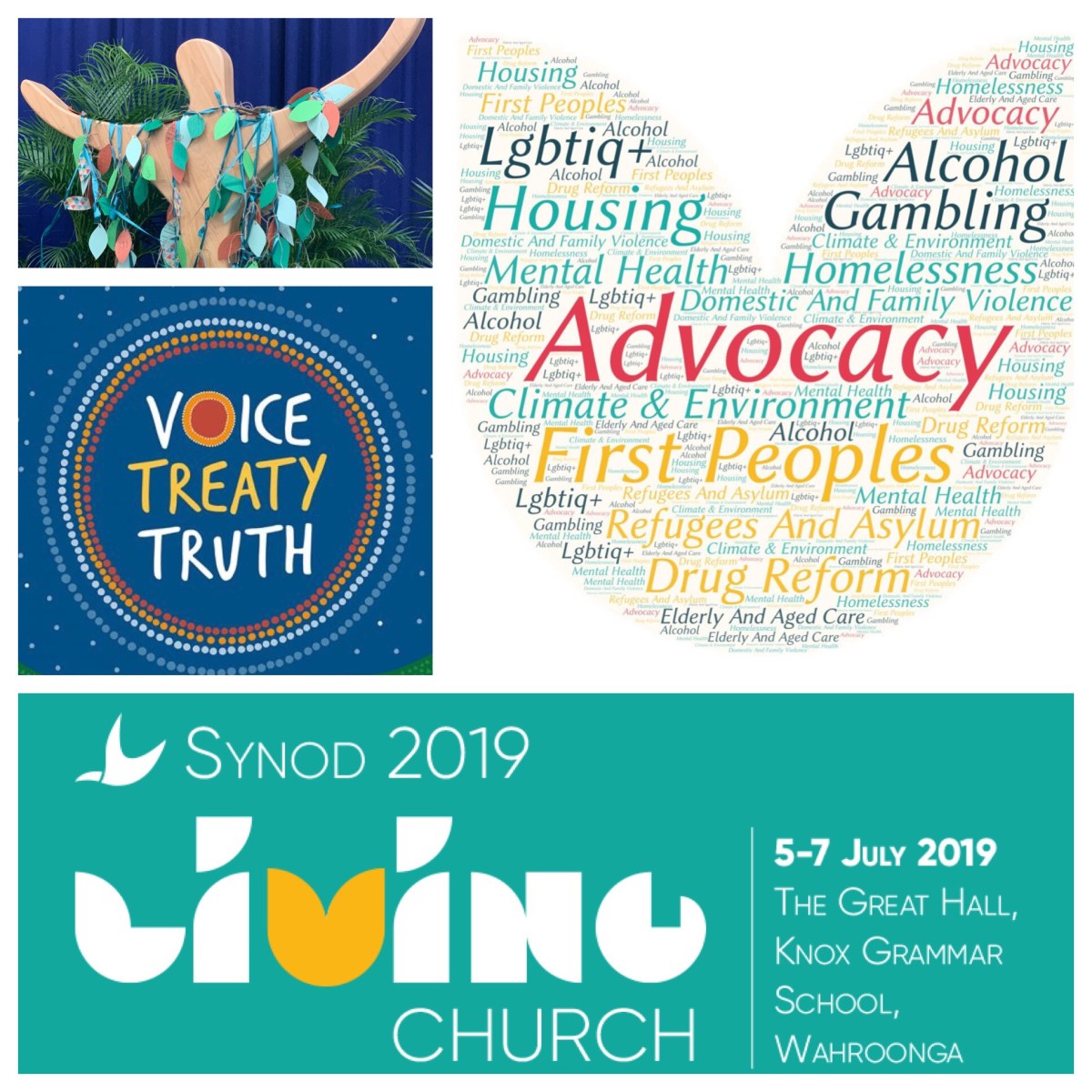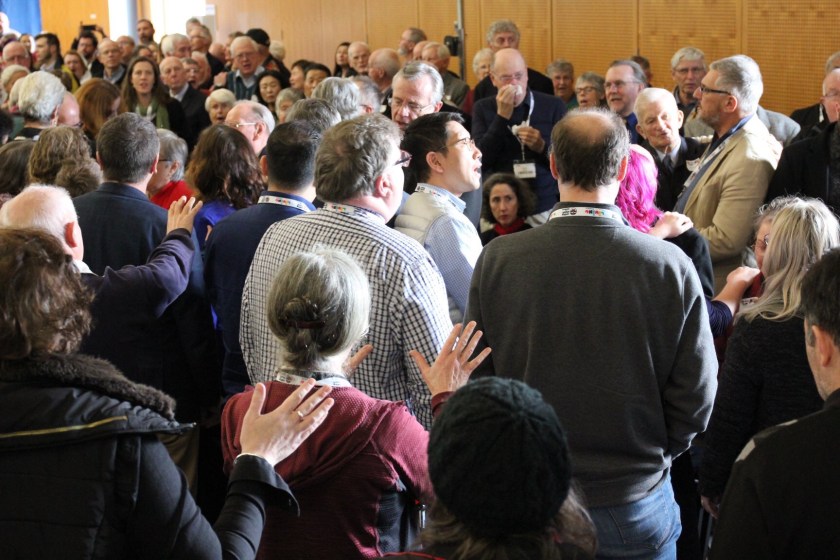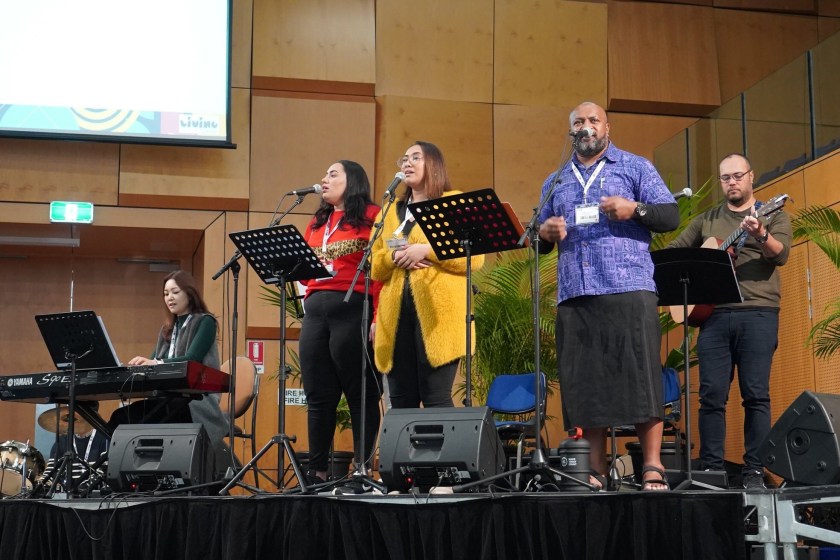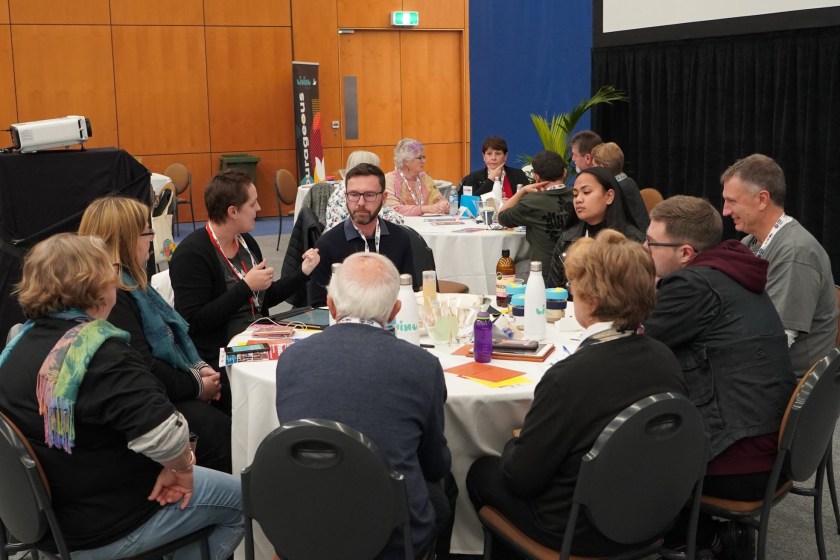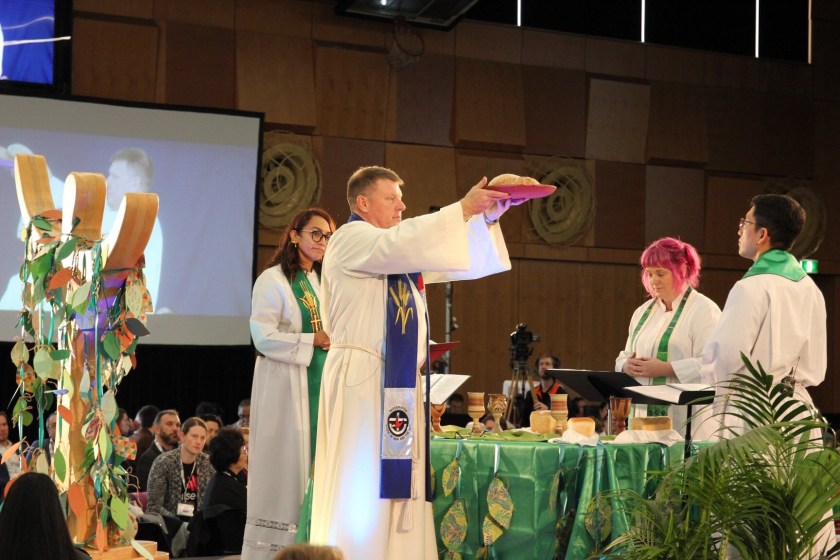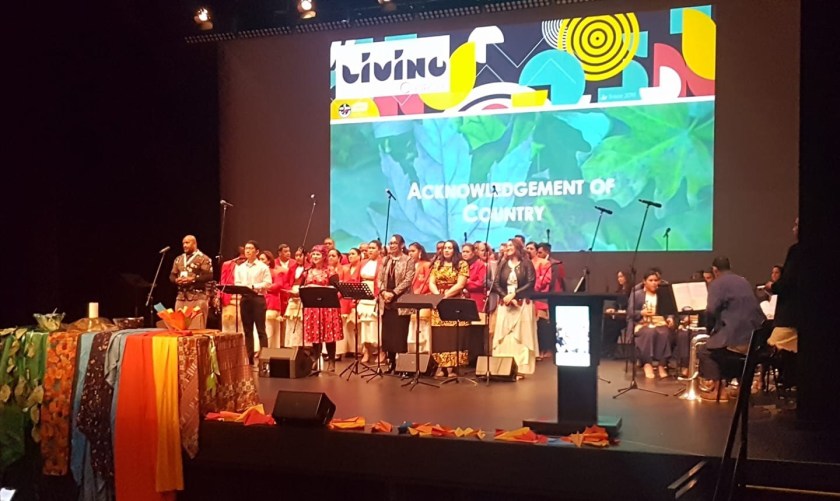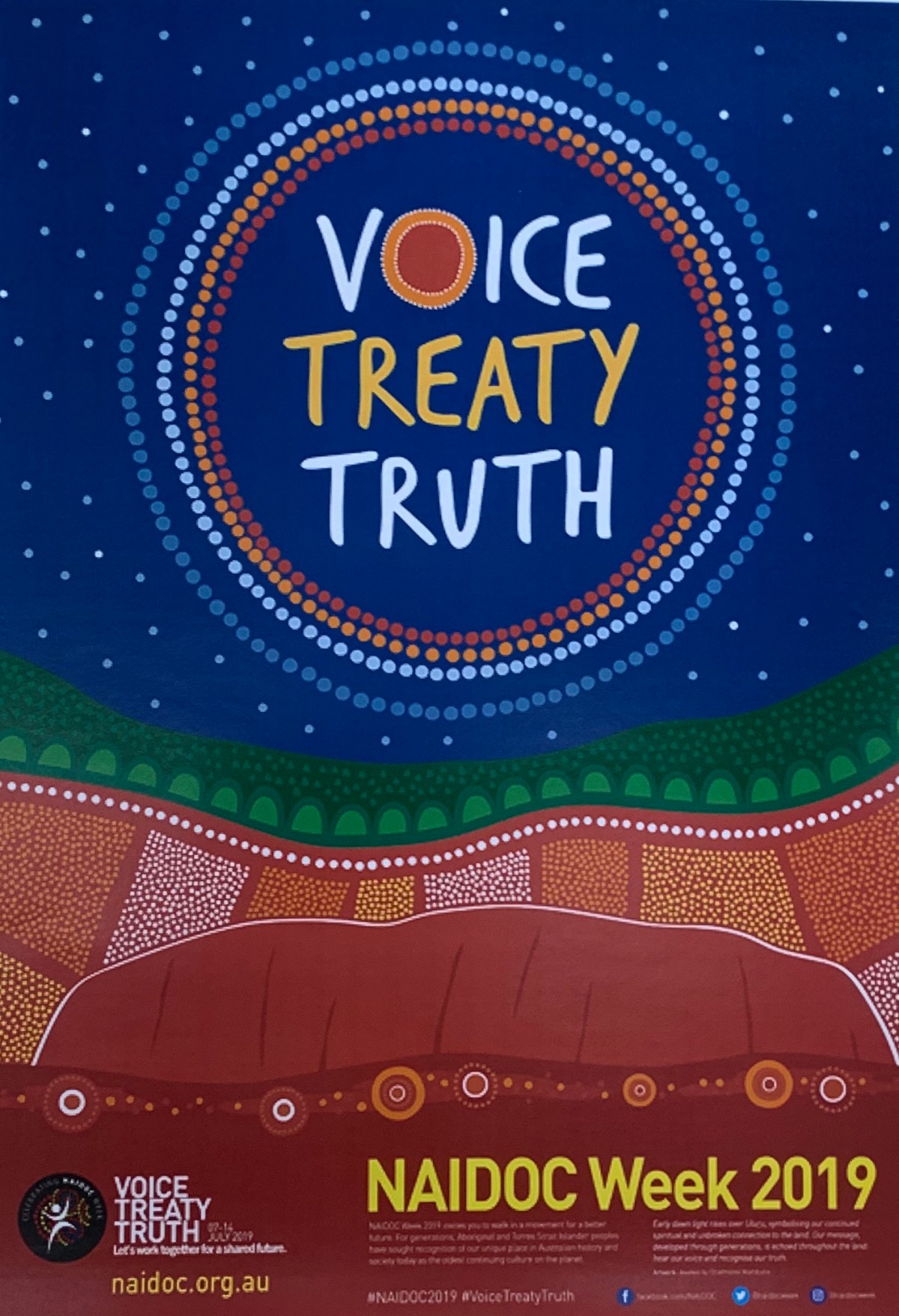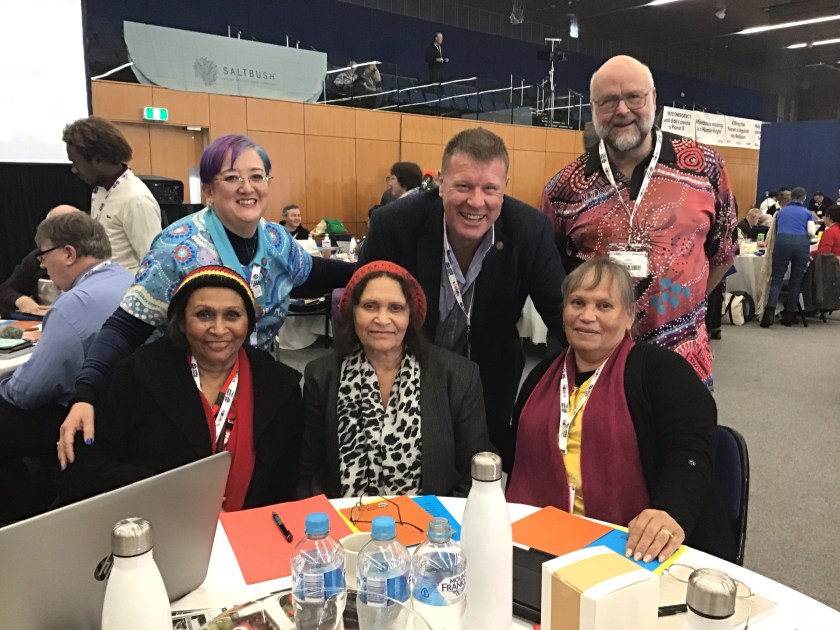“The land of a rich man produced abundantly.” So begins the parable set in this week’s Gospel reading (Luke 12:16). And this is but one of many parables, attributed to Jesus in the “orderly account” we say that Luke wrote, which features a wealthy or powerful or high status figure as the key character.
In the parables of Jesus which are found only in this Gospel, we meet a variety of such people: after this rich man who built larger barns for his increasing produce (12:13– 21), there comes a man with the ample resources required to build a tower (14:28–30), a king at war (14:31–32), a rich father of two sons (15:11–32), a steward of a wealthy man (16:1–13), a rich man who dressed in purple and feasted daily (16:19–31), a farmer with slaves (17:7–10), and a judge (18:1–8).
Luke also reports how Jesus encountered a centurion who was wealthy enough to contribute to the building fund of a synagogue in Capernaum (7:1–10); a synagogue leader in Galilee (8:40–42, 49–56); and a chief tax collector who had grown rich from his business dealings (19:1–10). He tells a story about Naaman (4:27), a man of means, with servants (2 Kings 5:13), owning silver, gold and fine clothes (2 Kings 5:5), and commanding many troops, horses and chariots (2 Kings 5:9).
This interest in people towards the apex of the social pyramid continues in Acts. The earliest followers of Jesus came into contact with various local ruling authorities, from the Sanhedrin in Jerusalem onwards, and had opportunity to bear witness to their faith in those places—culminating in the scene in Caesarea, where Paul testified to King Agrippa and his consort, Bernice, along with Governor Festus (Acts 25:23–26:32).
According to Luke, converts to the movement included “devout women of high standing” in Antioch (Acts 13:50), “not a few leading women” in Thessalonica (17:4), “not a few Greek women of high standing” in Beroea (17:12), and Damaris, most likely associated with the upper class in Athens (17:34).
Communities of believers met in the houses of people of means, both unnamed individuals (2:46; 5:42; 8:3; 20:20; 21:4,7) and some identified individuals: Simon the tanner in Joppa (10:5–6, 32), Cornelius in Caesarea (10:24, 48; 11:12), Mary in Jerusalem (12:12), Lydia in Philippi (16:14–15), the gaoler in Philippi (16:29–34), Titius Justus in Corinth (18:7), Philip in Caesarea (21:8, 10), and Mnason in a village near Jerusalem (21:16). Tyrannus provides Paul with the use of his lecture room in Ephesus (19:9).
Luke indicates that other people of means, including some local political authorities, were favourably disposed towards the Gospel. Such figures included some priests in Jerusalem (6:7), an Ethiopian court official (8:7), a centurion of the Italian Cohort (10:1), the proconsul of Cyprus (13:7, 12), a dealer in purple cloth in Philippi (16:14), a member of the Areopagus council in Athens (18:34), an educated Alexandrian scholar in Ephesus (18:24), and some of the Asiarchs in Ephesus (19:31).
So why this emphasis on these high-status, well-to-do, powerful individuals, in the story which Luke shapes concerning Jesus and the group of people who became his most committed and faithful followers?
****
We know that for Luke, the ministry of Jesus is characterized by “preaching good news” to the poor (4:18; 7:22). In his preaching, Jesus reassures the poor, “yours is the kingdom of God” (6:22), and promises the hungry, “you will be filled” (6:23). He contrasts this with the punishments due to the selfish rich and powerful who do not share their blessings (6:24-26).
The poor (those who are desperate, with no home and no regular source of income—and no social security net, such as we know today) are very prominent throughout Luke’s “orderly account”. They are the ones who benefit from the message preached by Jesus: “he has anointed me to bring good news to the poor” (4:18).
Such teachings are reminiscent of the hymn sung by Mary, before the birth of Jesus: “[God] has filled the hungry with good things, and sent the rich away empty” (1:53). Those words themselves evoke many of the proclamations of the prophets of earlier eras. Subsequently, as an adult, Jesus tells parables in which the poor are reassured of their invitation to share in the feast of the kingdom (14:21; 16:19–31).
Jesus in Luke’s Gospel makes more references to the poor than in the other canonical Gospels. Alongside this, he also makes more references to people drawn from the upper classes of his society. They have a responsibility to share their resources with those who have much less.
The parable in Luke 12 introduces a central element in the teachings of Jesus, at least as far as Luke is concerned. It provides a warning to “those who store up treasures for themselves but are not rich toward God.” It complements the clear injunction of Jesus, to “sell your possessions, give alms, and make purses for yourselves that do not wear out, an unfailing treasure in heaven, where no thief comes near and no moth destroys; for where your treasure is, there your heart will be also.” (12:33-34; see also 18:22, 22:36).
Luke emphasises that, immediately after the events relating to the death and resurrection of Jesus, the Jerusalem community of believers put the commands of Jesus into practice (Acts 4:32–35). Members of the community “had everything in common” (4:32)—they sold their lands and houses and pooled the money thus gained (2:44–45; 4:34). They were caring for “the poor”.
One of the leaders in the movement, Joseph Barnabas, provides a positive example of this practice (4:36–37); Ananias and Sapphira provide the negative example, warning of what happens when this practice was ignored (5:1–11). The means of the wealthy are to be put at the disposal of the poor.
We in the Western world are amongst the most wealthy, and most powerful, people on the planet today. The figures in the Gospel of Luke that we might most easily identify with are those rich men, governors, household owners, wealthy farmers, and educated men and women we have noted above. And, like them, we would do well to follow the example of making our wealth available to the poor and needy, in obedience to the instructions of Jesus!
See also
https://johntsquires.wordpress.com/2019/01/31/an-orderly-account-a-quick-guide-to-luke-and-acts/
https://johntsquires.wordpress.com/2019/02/01/scripture-fulfilled-in-your-hearing-luke-416-30/
https://johntsquires.wordpress.com/2019/02/05/costly-discipleship-according-to-luke/
https://johntsquires.wordpress.com/2019/04/26/the-cross-cultural-nature-of-the-early-jesus-movement/
https://johntsquires.com/2019/05/22/jesus-and-his-followers-at-table-in-lukes-orderly-account/


